Does Online Dating Make People More Politically Polarized?
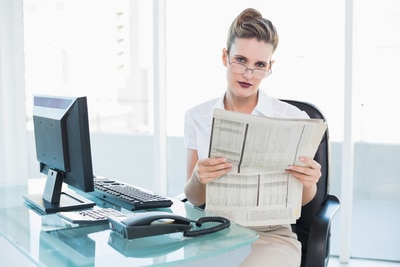
- Meeting Men, Online Dating, Online Dating
That’s the thesis from Pacific Standard magazine, anyway.
“People who use Internet dating sites are choosing who to date based on criteria that are highly correlated with political preferences, according to a study published in the most recent edition of the academic journal Political Behavior. There may be long-term consequences for political polarization: not only are such couples more likely to move to the ideological extremes because they lack access to contradictory opinions, they also are likely to produce children who hold ideologically extreme positions. The end result is a more polarized America where more and more people cannot understand how others could possibly think differently from themselves.”
Interesting, but I think they’re mixing up cause and effect. Here’s their line of thinking:
Fact: One third of all marriages now begin online. Of those, 45 percent met through an online dating service and another 20 percent met through a social networking website.
I would agree that the Internet has caused polarization.
Fact: The political culture is more polarized than ever before.
Conclusion: Online dating causes this polarization.
I would agree that the Internet has caused polarization. I just don’t think we’ve seen the effects of online dating on the next generation of children yet. But the Internet itself is highly culpable in the the prevalence of the confirmation bias on political opinion. Instead of watching the NBC Nightly News and drawing your own conclusions from unbiased reporting, you read the blogger who speaks most to you. I do, too. I’m a big Andrew Sullivan reader – he’s a married, gay, Catholic, British, pro-Obama conservative. But I think he’s a realist who relies mostly on facts to draw his conclusions – plus, he slightly challenges my Jewish atheist liberal bent. Point is, if I were sifting thru profiles on Match, I would probably pass up my own wife, who comes from a conservative military family. Even though she’s moderate and largely apolitical, I would likely be looking for other liberals online. The article concurs about the effects of sorting through profiles:
“Such mechanisms enable individuals to find potential mates far outside their immediate social circles and learn far more about their preferences and attitudes than is possible when people meet through face-to-face social interaction. The Internet also allows people to be pickier about who qualifies as “acceptable” before they ever have the chance to meet. As a result, we now can limit our exposure to contradictory political information in advance–information that political scientists have determined to be critical in making us tolerant citizens.”
Overall, I don’t believe that online dating causes polarization; if anything, it allows people the ability to stay in their own bubbles, to their own detriment.
Overall, I don’t believe that online dating causes polarization; if anything, it allows people the ability to stay in their own bubbles, to their own detriment. This is why I’m passionate about teaching you to date online in my Finding the One Online program. Once you realize that there are a lot of great people you’re not considering because of their label (height, weight, age, income, education, distance, religion, political beliefs), you increase your dating pool twofold and double your chances of falling in love.
Have you ever dated across the political aisle, and how much tension did it cause? I would suspect that if one person feels strongly and the other is largely indifferent, it can work. But a passionate conservative and a passionate liberal are probably not a match made in heaven – all Carville/Matalin references notwithstanding.
Click here for full article. Your thoughts below are appreciated.

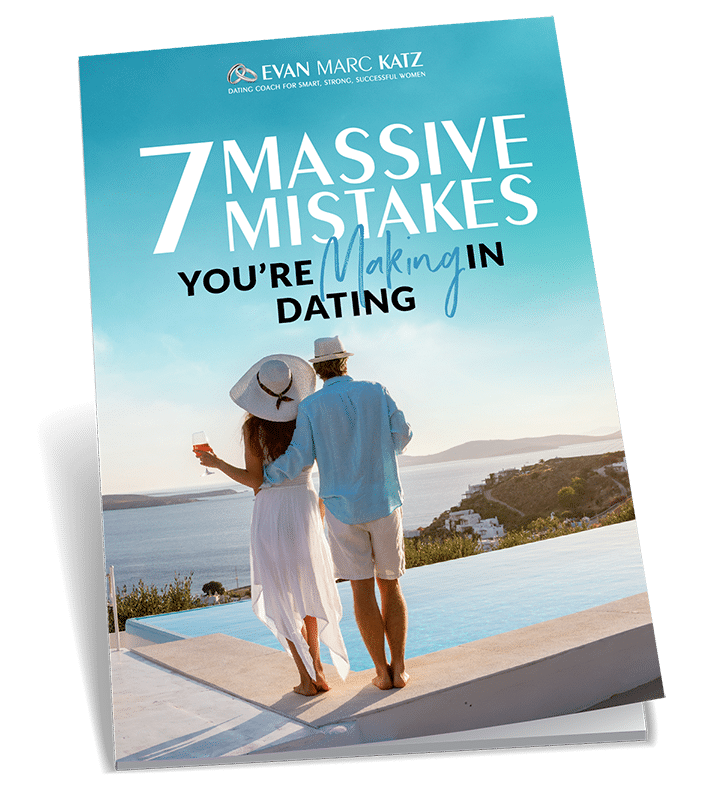
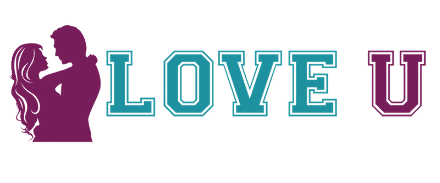
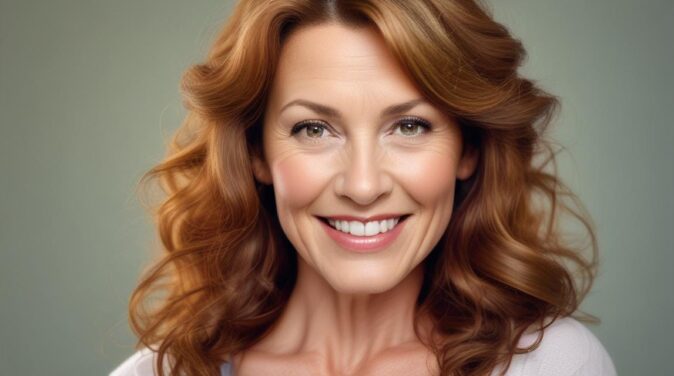
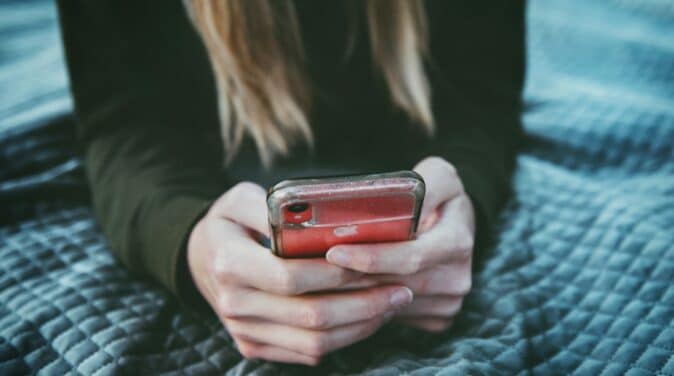

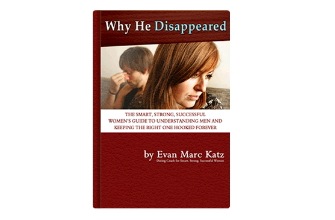
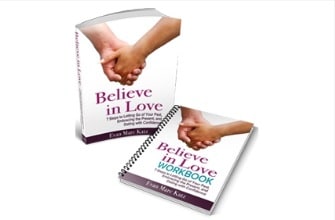
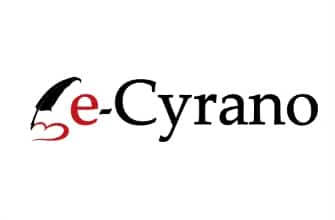

Comments